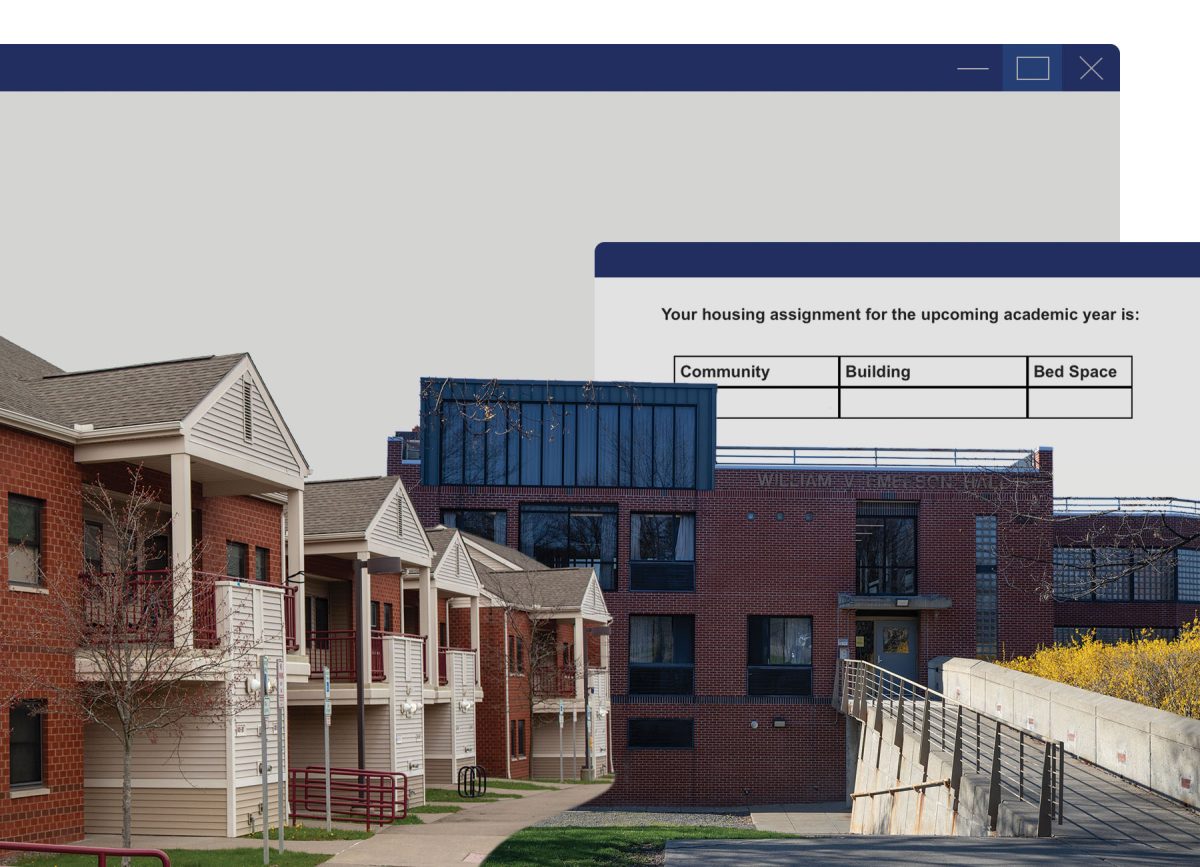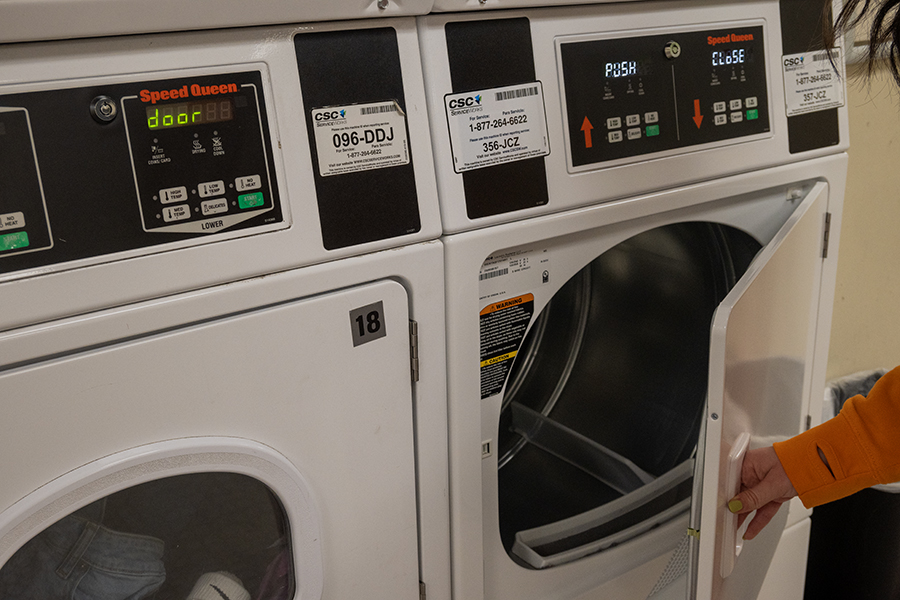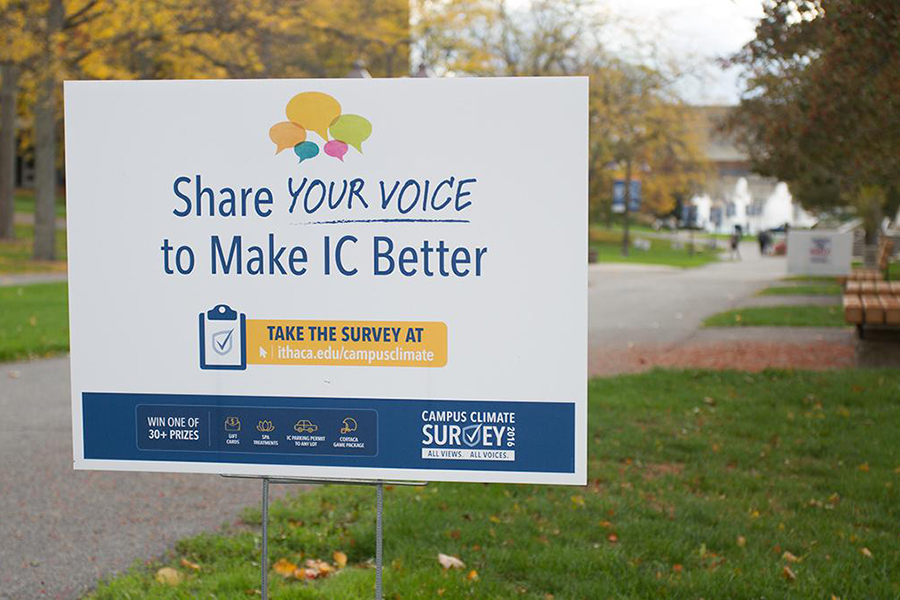The Ithaca College administration has instructed staff to complete an online sexual harassment training program by the end of October.
Faculty and students are not yet required to complete the program, called EduRisk, because it was only introduced to supervisors at the college last April, and administrators are slowly introducing it to the community, Mark Coldren, associate vice president of human resources, said.
“We’re looking at it just from a point of view of phasing it in,” Coldren said. “It was supervisors first, then staff, then we’ll do faculty. It’s more from an administration point of view.”
The administration’s goal in implementing the training is to get the word out and make the college community aware of sexual harassment, Vicki Estabrook, director of employee relations and diversity, said.
“The most important thing, initially, was to really prompt the conversation and help people understand how serious an issue it is,” Estabrook said. “It’s not a game, it’s a policy, it’s a law and we take it very seriously.”
The discrimination and harassment prevention training provided is specifically designed to help staff understand legal definitions of unlawful harassing behavior, Traevena Byrd, associate counsel and director of equal opportunity compliance in the division of human and legal resources, said.
“Our Ithaca College policies are designed in a way to make sure that we address things that are potentially legal violations,” she said.
The online training program, which staff must complete by Oct. 31, focuses on what qualifies as sexual harassment and how to handle it by providing scenarios for the user to navigate, said Tiffani Ziemann, Title IX coordinator.
“It includes overviews of what constitutes sexual harassment and discrimination and ways that people can address it in the workplace,” said Ziemann. “Employees are given hypothetical scenarios that may involve harassment and can make some decisions about how they would respond if they were in that situation, then provided feedback on their choices.”
Currently, she said, any training for faculty is woven into faculty retreats or department meetings and is tailored to the group. For example, she said when speaking to a group of health science professors, the speaker must focus on issues regarding intimacy, but these same issues may not be necessary to cover with a group from computer sciences because of the different levels of person-to-person contact in the classes.
Catherine Weidner, chair and associate professor in the Department of Theatre Arts, said she believes sexual harassment training is particularly important for faculty because they have specific responsibilities that differ from staff.
“I think it’s important for us to review these policies annually, and to talk about what lines get blurred, especially around the obligations we have as faculty to conduct ourselves in an ethical manner,” she said.
Legally, the college is not required to do any specific sexual harassment training, but the Clery Act requires the college to spread awareness of what sexual harassment is and how it should be handled, Ziemann said.
“We need to familiarize our campus with the definitions of sexual assault and harassment and help them understand their resources and options … as well as our internal conduct policies,” Ziemann said.
Apart from the EduRisk program, Coldren said, there are other ways the college community can receive knowledge and training for sexual harassment. The college’s policy manual is available to the public, and meetings for faculty chairs and other administration are held occasionally on a need basis to reinforce the policy, he said.
Additional sexual harassment training is provided for students on the college’s website. Students can visit the EduRisk site and complete a sexual harassment training program, similar to the supervisors and staff modules. This, along with other student training programs, could be utilized by faculty, Weidner said.
“I’m sure if I wanted more training the college could provide it, or at least provide someone to whom I could ask my questions,” she said. “I know there are sessions for students, so it can’t be a big deal to attend one of those if we wanted to, or to have those folks come and do a session for us.”
While the EduRisk program is required of supervisors and staff, any member of the college community may complete the training by personal request, Estabrook said. She said the administration wants to validate the program before introducing it to all members of the college.
“Anyone who wants to take this training that wasn’t asked to or told that they were required to just needs to be referred to us and we can set them up with that,” she said. “We didn’t want to require it until we were able to support it.”
Ziemann said sexual harassment training is important for the college’s staff members because it allows them to set an example for students, ultimately creating a safer campus environment.
“Ithaca wants to create and maintain a safe and inclusive community, and part of that is understanding how our own behaviors impact others and being able to understand the consequences of our actions,” she said. “We want our staff to role model positive behaviors of our students and be able to recognize when things are inappropriate and how to address them.”






